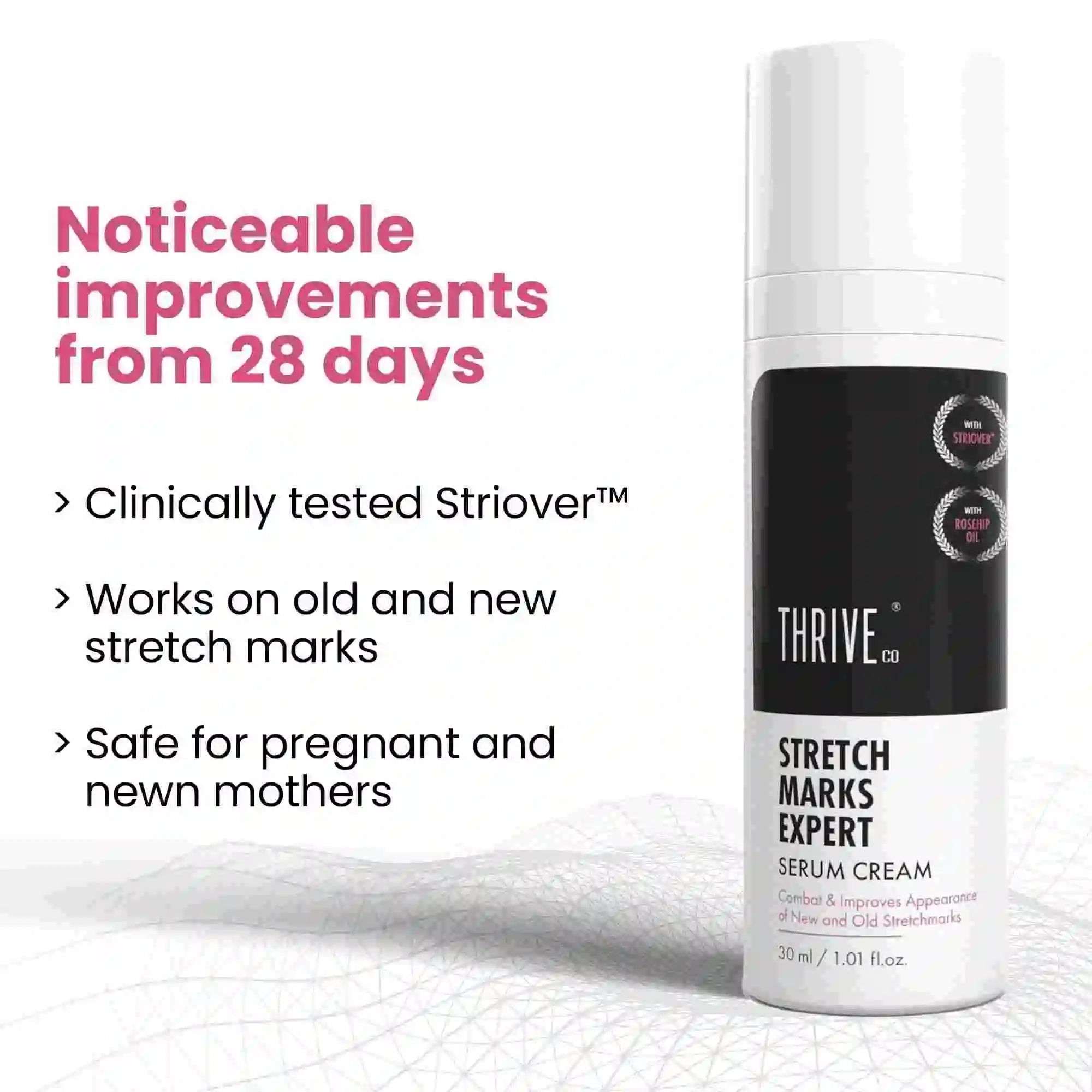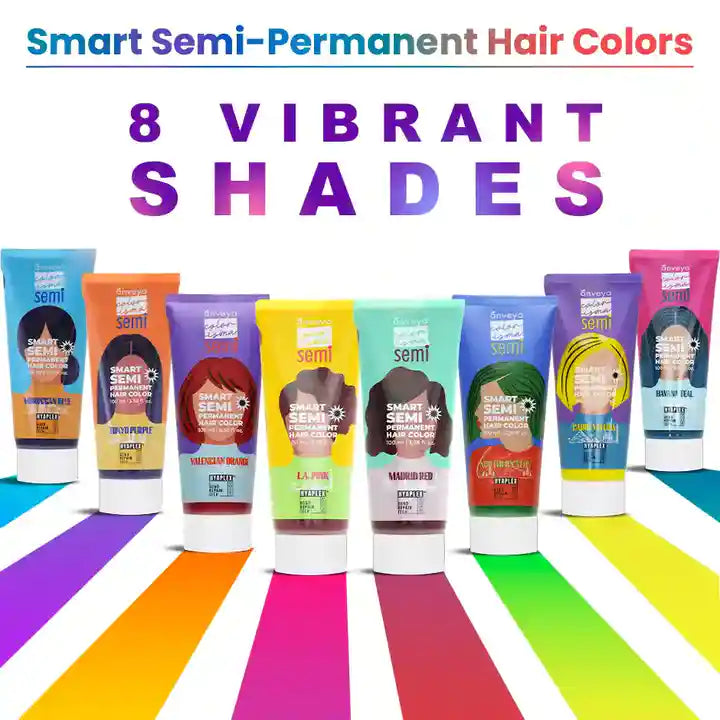
Dr. Deepthi Prasad, MBBS.
Written by Our Editorial Team
Table of Contents
Listen to the blog
Nothing can replace the joy of reading, right? Read the blog here.
Our answer to, ‘should I wear sunscreen in winter\summer\monsoons?’ would eternally be, yes! You have to wear sunscreen every season, basically, 365 days of the year, if you wish to keep your skin healthy and happy. A lot of people have a wrong notion, that sunscreen is meant solely for scorching hot summers. Here’s what you’re missing - the sun never retires. Even on extremely chilly and cloudy days of winter, the sun rays manage to reach our skin and damage it. Yes, the sun really needs to chill a bit.
UVB and UVA are the two types of sun rays that affect our skin. According to what the skin cancer foundation states, UVB rays are responsible for severe sunburns that damage our skin. Even Though UVB rays are stronger in summers, the winter ones are more harmful. On the other hand, the deal with UVA rays is slightly different. While they don’t cause sunburns, they increase the chances of skin cancer, such as melanoma. And the worst part, there’s no escaping them. Even if you’re chilling at home with a book beside the window or heading out for shopping in a car, the super strong UV rays penetrate through the glasses and damage your skin.
5 Benefits Of Wearing Sunscreen In Winters
Now that we’ve thrown the question, if sunscreen is needed in winters out of the window, let’s see what the actual benefits of slathering sunscreen in the coldest time of the year are! It’ll give you a clear picture as to why a good sunscreen must be a staple in your winter skincare routine!
Also Read : Skincare Routine For Winters
1. Fights Signs Of Ageing
See, no matter how expensive your lotion is, if you don’t apply a sunscreen in winters, prolonged sun exposure will cause blemishes, spots and wrinkles making your skin look older. We’re sure none of you aspires to look older! So, apply sunscreen generously even when it’s cloudy outside and oh yes, remember to reapply sunscreen every 2 hours.
Also Read : Skincare Routine For Acne - Prone Skin
2. Battle The Chances Of Skin Cancer
Even though winters play it cool, the season is capable of damaging your skin with the sun’s UV rays equally or more than the other seasons. People have a wrong notion that less sunlight in winters equals less harm. Along with severe sunburns, the harmful UV rays increase the chances of Melanoma, a kind of skin cancer which is deadly.
3. Keeps Skin Hydrated
Waking up to dry white patches slowly becomes a routine in winters, right? You’re not alone. Low atmospheric moisture and the extreme hard cold winds in winters tend to drain the moisture in your skin, making you look pale and lifeless. A good moisturizing sunscreen hydrates your skin thoroughly, keeping it soft and supple. After all, it's the season to be jolly, you can’t afford not to look your best.
4. Guard Your Skin, All Year Long!
Regardless of the season, the UVA & UVB rays of the sun can penetrate your skin and gradually lead to the signs of premature ageing. Be it Summers, Winters or Rainy Season, applying sunscreen is a must in your everyday skincare routine all year round. While you wait for the winter sun for some sun-kissed snaps, don't forget to slather on sunscreen every 2 hours!
5. Winters Can Wear Off Sunscreen
You might not be sweating every now and then in Winters, but the harsh cold winds (if it snows in your place, snow is a concern too!) of winters will not be easy on your skin. The cold environmental conditions can wear off sunscreen from the skin in no time and reduce its effectiveness as well. Thus, make it a habit to re-apply your sunscreen every 2 hours in the season.
Which Sunscreen To Use In Winter?

The need for a good sunscreen in winter has been established. But, how to decide which sunscreen to pick? Which one could possibly be the best sunscreen during winter? We’ll tell you exactly how! You shouldn’t buy just any random sunscreen you found on the store shelf. Here’re a few things to note when you are look for the perfect sunscreen!
- Broad-spectrum sunscreen: It’s mandatory to get a broad-spectrum sunscreen which consists of all the right ingredients to guard your skin against the harsh UVA and UVB rays. This sunscreen ensures full blown protection. If you’re to pick a product you must use in winters before taking a brisk walk or heading literally anywhere, it is a broad-spectrum sunscreen.
- Gel sunscreen for oily skin: Need a sunscreen for oily skin? If you own oily skin, we wouldn’t suggest you apply a thick and creamy sunscreen as it might prove to be a little too heavy. It might clog your pores and result in severe breakouts. So, what do you do? You replace your regular sunscreen with a gel one. Lightweight and non-sticky by nature, gel based sunscreens are your perfect partner for your oily skin in winters.
- SPF 30 or higher: You might already know by now that SPF is the measure of how well the sunscreen protects your skin from sun damage. While you’d find sunscreens with different SPF numbers in the skincare market, whenever you’re looking for a winter sunscreen, we advise you to choose the one with an SPF of at least 30 or higher.
- Super Moisturizing: Winters have a way of making your skin extremely dry, which makes hydration a priority. Rely on a thoroughly moisturizing sunscreen lotion to hydrate and protect your skin from the harsh cold winter winds.
- Water-resistant: If you live in snowcapped mountains or happen to go on an official winter holiday to snowy destinations with freezing temperatures, it is better to apply a water-resistant sunscreen before you engage in skiing, snowboarding or any such sport. A sunscreen loses its effectiveness when exposed to water. Water resistant sunscreens are infused with ingredients that make it water resistant.
ThriveCo’s Ultra-light sunscreen gel’s multi-active formula offers broad-spectrum protection without leaving a greasy residue. It is the best option to go for in any of the weather conditions, since it offers continuous sun protection and is proven to be safe for even sensitive skin types. Containing skin-repairing antioxidants, it is non-sticky and sufficiently hydrating.
Buy ThriveCo Sunscreen Gel
Review Shared by Saraswathy S
"I love the feel of the product on my skin. It is non- greasy, easily absorbed and doesn't leave a white residue."
Tips On Applying Sunscreen In Winters
After choosing a sunscreen based on all the above-mentioned factors, what is the point if you’re not applying it right and getting the maximum benefit? Here're a few points to take note of while applying sunscreen in the winter season.
- Wear sunscreen everyday regardless of what your day looks like.
- Avoid stepping out in the sun during peak hours.
- Layer, layer and layer up in winter clothes to avoid sun exposure.
- Make it a point to apply sunscreen every 2 hours.
Skipping sunscreen during winter from your skincare routine isn’t an option any day. Sun damage is real during winters too! A dermatologist can take a close look at your skin and tell you if you have been using sunscreen or not. The risk of cancer and early signs of ageing that come along with not using a good sunscreen are unfortunately true and backed by scientific evidence.
Also Read : Hyperpigmentation Be Gone : Ingredients That Help Fight Skin Discoloration
About Doctor :

Dr. Deepthi Prasad specializes in Dermatology, Cosmetology, and Aesthetic Dermatology and has been practicing for over 15 years. After completing MBBS from Dr. NTR University of Health Sciences Andhra Pradesh in 2009, she earned a MD in Dermatology, Venereology & Leprosy from Osmania Medical College in Hyderabad in 2014.
Disclaimer: All the content published on www.thriveco.in is solely for information purposes. It is not a substitute for professional medical advice, diagnosis, or treatment. Always consider seeking the advice of your physician or a qualified healthcare provider. The information, suggestion, or remedies mentioned on this site are provided without warranty of any kind, whether express or implied.




